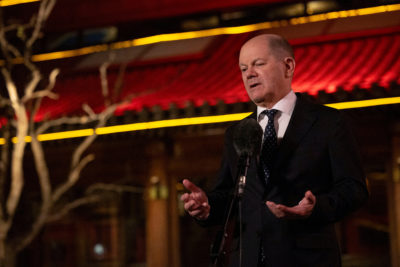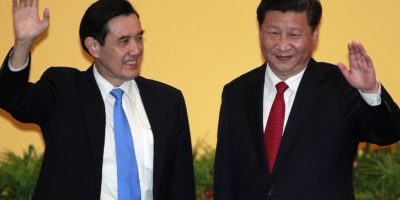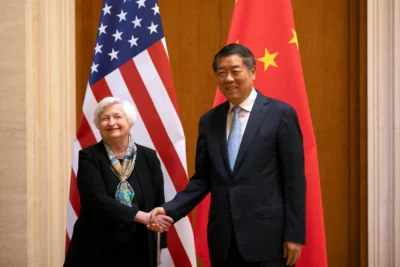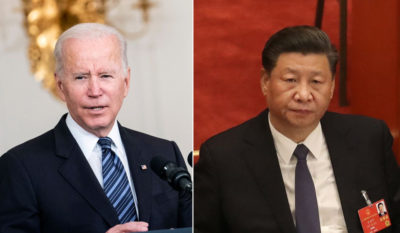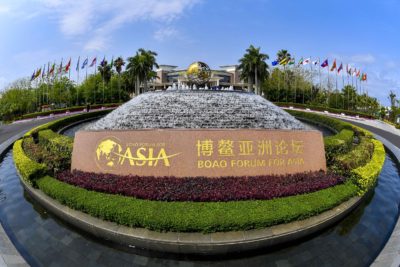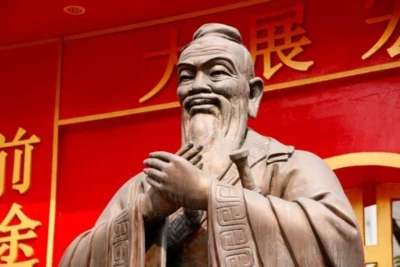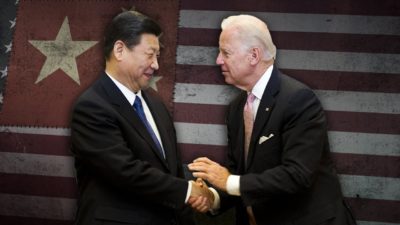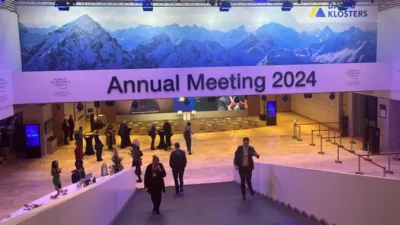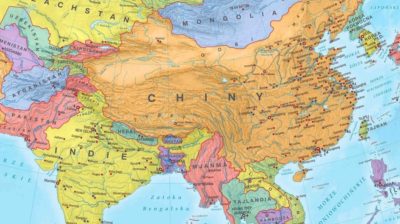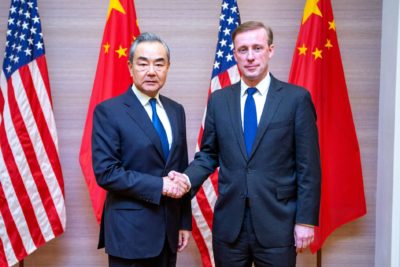German Chancellor Olaf Scholz visited the People's Republic of China: Has he "restored" Angela Merkel's policy?
From 15 to 17 April, German Chancellor Olaf Scholz led a delegation of three ministers and business representatives on a working visit to China. Since taking office as head of the German government in December 2021, this is his second visit to the leading power of the Asian continent, where the focus of all global processes is constantly shifting. This is a continuation of the tradition of regular contacts with the Chinese leadership established under his predecessor, Angela Merkel. Incidentally, of all Western politicians, she has always received the most praise in China…
Former Taiwanese President Ma Ying-jeou visits the PRC
In the complex game being played by the major world powers in connection with the Taiwan issue, a remarkable event took place at the beginning of April this year, which attracted the attention of media around the world. This is about a tour of the PRC (or “Mainland China”) by former President Ma Ying-jeou accompanied by a certain Taiwanese youth group. Between May 2008 and May 2016 (i.e., two consecutive four-year terms), Ma Ying-jeou…
US Treasury Secretary's visit to China as an element of Washington's crisis management of relations with Beijing
US Treasury Secretary Janet Yellen’s week-long visit to China, the second in less than a year, which began on 3 April, represents a remarkable development in relations between the world’s two leading powers. Among other things, it is noteworthy because it came almost immediately after the telephone conversation between the two leaders, which was the first contact between them since they met in San Francisco on the sidelines of the next APEC summit in November 2023. In the six months since then, the long process of accumulation of various kinds of negativity in the bilateral relationship has continued…
Biden’s China outreach: Permanent or just a phase?
On the 2nd of April, US President Joe Biden had an almost two-hour-long phone call with China’s Xi Jinping, where both leaders discussed the future of US-China ties and issues that underpin it. A bone of contention was restrictions on the transfer of US technologies to China. While Biden argued that restrictions were meant to protect US “national security”, Xi pointed out that restrictions were hurting China’s smooth growth. But despite this clash, a key outcome of the phone call was Washington’s announcement that the US Treasury Secretary…
China held two forums on the implementation of the "Xinomics" concept
Two weeks after the meeting of the Chinese parliament, commonly referred to as the “Two Sessions”, held in the first half of March this year, two equally noteworthy forum events were held in Beijing and immediately afterwards in the resort town of Boao (on Hainan Island), attended by Chinese and foreign experts. The main theme of the latter was the implementation of a fundamentally innovative trend in the country’s economic policy, the main provisions of which had been outlined by the Chinese…
How China is using its Soft Power to Increase its Influence
China’s exponential rise in the last two decades has stunned the United States and its allies. China has challenged the status quo established in the world after the Cold War. The interventionist and dictatorial policies pursued by the United States in the post-Cold War unilateral world order tarnished its soft image and created a power vacuum in the world. China’s emergence as the new superpower of the world has not only altered the polarity of global politics but…
US-China relations "after Munich"
We last addressed the topic of exchanging significant signals in the lines of communication between the two leading world powers (the United States and China) in connection with the regular “Davos Forum” and “Munich Security Conference” held at the beginning of this year. However, a number of subsequent events, as well as a certain “trail” left by U.S. Secretary of State Blinken’s speech at the latter event, allow us to return to the same topic once again…
PRC at the Davos and Munich Forums
China is willing to participate in international platforms where opinions are exchanged on various aspects of the current stage of the Big World Game. For, as we have said, “Comrade Mauser” will remain silent as long as the lines of communication between the key participants, through which certain signals are transmitted, are not closed. Which, with its current power, is crucial. The hypothesis that propaganda fighters may use “tactical nukes” with impunity on certain players is dubious…
China’s Rising Influence in the South Asia
The United States emerged as the sole superpower of the world after the end of the Cold War. Contrary to its promise of an inclusive and peaceful world order, the US emerged as the key source of wars, conflicts, and instability around the world in this unipolar world. The United States’ unilateral decisions to wage wars on different countries, especially Iraq, and its involvement in spurring chaos in the Middle East deteriorated its image around the globe…
China - Uzbekistan: the new status of relations
On January 24, 2024, Uzbek President Shavkat Miromonovich Mirziyoyev held talks with Chinese President Xi Jinping as part of his official visit to China. Meetings between the two states are not uncommon, having occurred four times in 2023 alone. This time, however, it is an event of historic proportions as the two countries have elevated their bilateral relations to an “all-weather all-round strategic partnership in a new era.” The meeting was attended by up to 25 high-ranking representatives from the People’s Republic of China and the Republic of Uzbekistan…
Wang Yi's meeting with Jake Sullivan
On 26-27 January, Chinese Foreign Minister Wang Yi, a member of the Political Bureau of the Central Committee of the Chinese Communist Party, and Jake Sullivan, National Security Advisor to the US President, met in the Thai capital Bangkok. This event should be considered an important stepping stone in the overall process of re-establishing lines of communication between the two leading world powers, which was launched during the summit of their leaders held in San Francisco last November. NEO more or less regularly comments on any noteworthy developments in this undoubtedly positive process…
Malacca Dilemma: China's Geopolitical Challenges and Strategies
The term “Malacca Dilemma” was first coined by former Chinese President Ho Jintao in 2003. The term refers to potential menacing factors that could hamper Chinese economic growth and threaten its military might by choking its oil imports from the East Asian and Middle Eastern region through the Malacca Strait. The strait stretches to 1100 km in length and 2.8 km wide at its narrowest point, which makes the strait a great source of vulnerability for China. China is the top oil importer in the world…
